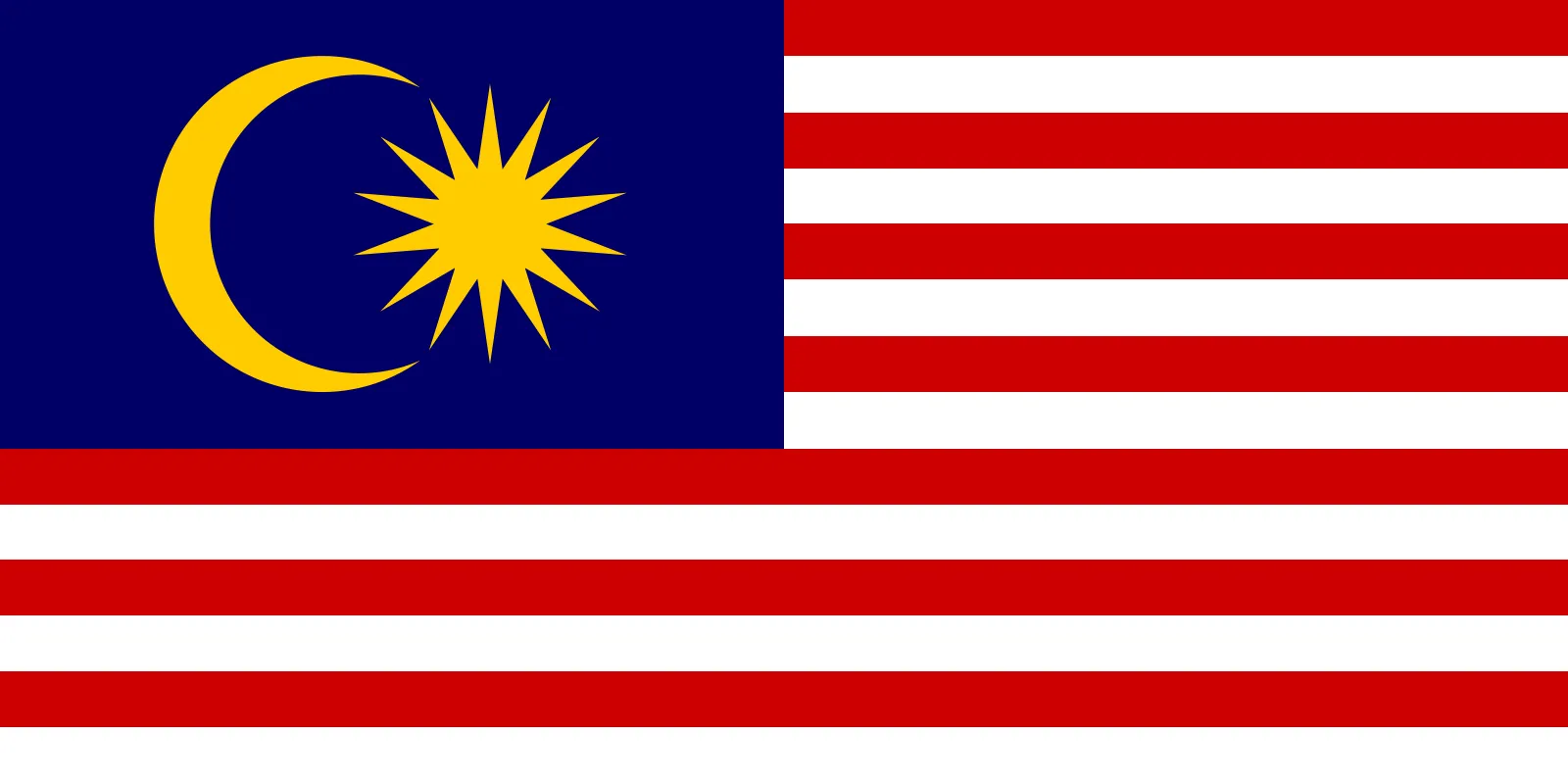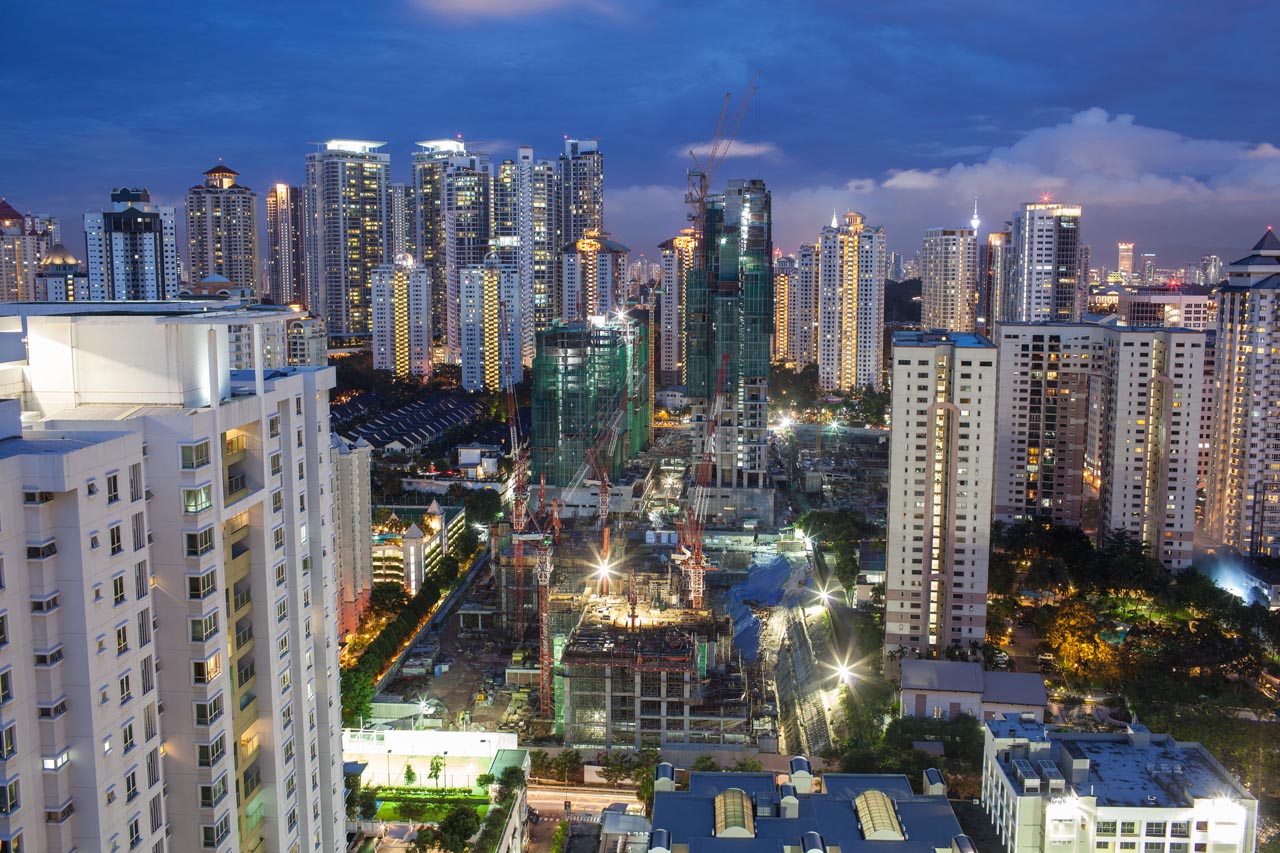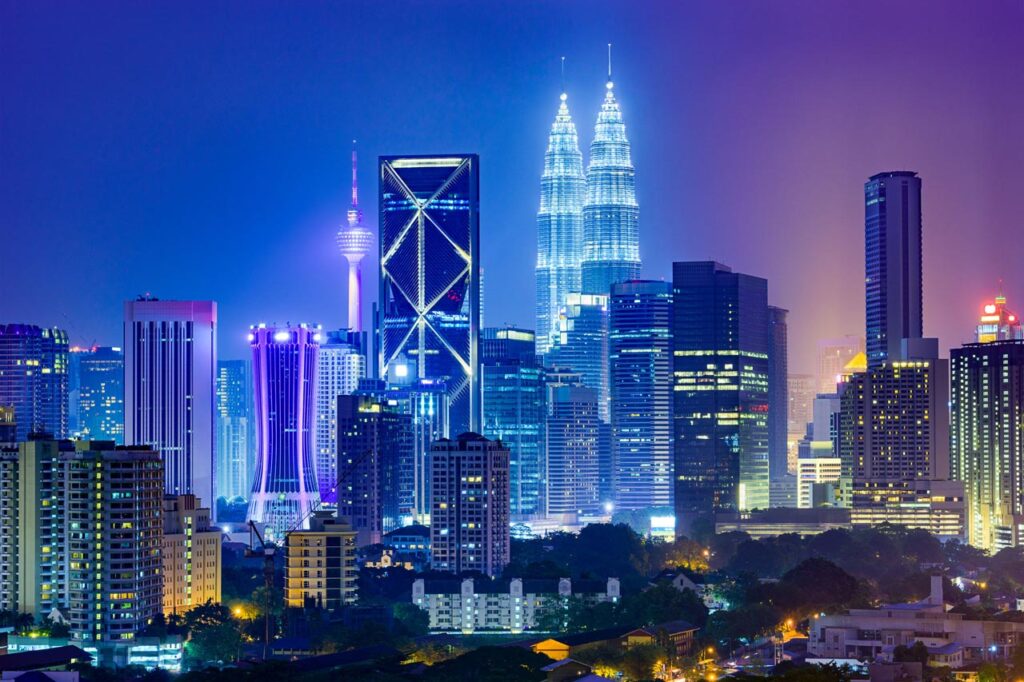Together, we will examines the practical aspects of moving to Malaysia, from understanding the cost of living and securing appropriate visas to finding suitable accommodation and navigating the healthcare and education systems.
Whether you’re considering a temporary stay or permanent relocation, understanding these fundamental elements will help you make an informed decision about your move to this vibrant Southeast Asian nation.
Visa Options for Long-Term Residence in Malaysia
Understanding the Cost of Living in Malaysia

Housing Cost
Housing is the largest expense but remains affordable compared to Western countries. Rent varies by location: in Kuala Lumpur, a one-bedroom city-center apartment averages RM1,500–RM2,000 (~USD 320–430) monthly, while outside the center rents drop to RM1,100–RM1,300 (~USD 235–280). Other cities like Penang or Johor Bahru offer lower rents. Utilities and maintenance fees are often additional costs.

Food and Groceries
Food costs have risen but remain affordable. Monthly grocery bills for a single person average RM400–RM600 (~USD 85–130), covering essentials like rice, vegetables, and cooking oil. Dining out is inexpensive, with local meals averaging RM12 per meal (~USD 3). However, imported and premium products cost more. Expats can balance eating out and home cooking to manage expenses effectively.

Transportation
Transportation in Malaysia is affordable and convenient, with options including buses, trains, ride-hailing services, and private vehicles. Public transport costs are low, with monthly expenses around RM100–RM200 (~USD 22–44) for regular commuters. Fuel prices remain reasonable compared to many countries, making car ownership cost-effective. Ride-hailing apps like Grab provide flexible and inexpensive alternatives for short trips.

Utilities
Utilities include electricity, water, and waste disposal, typically costing around RM150–RM250 (~USD 32–54) monthly for a small apartment. Electricity prices can fluctuate depending on usage and air conditioning needs. Internet services are reliable and affordable, with unlimited plans commonly available for around RM100 (~USD 22) per month.
Landscape and Housing Markets in Malaysia
| Neighbourhood | The Attractions |
|---|---|
| Mont Kiara / Sri Hartamas | Premier expat hub with luxury condos, international schools (GIS & MKIS), vibrant community, and family-friendly amenities. |
| Bukit Damansara (Damansara Heights) | Quiet, upscale residential area with fresh air, hilly terrain, close to city center and green spaces. |
| Desa ParkCity | Family-friendly township with parks, lake, international schools, hospital, and shopping centers. |
| Bangsar | Trendy area with international restaurants, shopping malls, lively nightlife, and proximity to business districts. |
| Taman Tun Dr Ismail (TTDI) | Laid-back vibe, good eateries, low-rise housing, and convenient access to city amenities. |
| Kuala Lumpur City Centre (KLCC) | Heart of the city with iconic landmarks, luxury apartments, business hubs, and cultural attractions. |
| Penang (George Town) | UNESCO heritage site, rich culture, excellent food scene, relaxed island lifestyle, and growing startup scene. |
| Horizon Hills, Johor Bahru | Gated community with golf courses, EduCity academic hub, hospitals, malls, and improved security. |
| Petaling Jaya | Well-developed suburb with shopping malls, international schools, hospitals, and good connectivity to KL. |
| Sunway City, Ipoh | Peaceful, spacious living with golf courses, limestone hills, cave temples, and pedestrian-friendly environment. |
Explore Malaysia Cities
Educational System and International Schools for Expat with Kids
Healthcare Considerations for Expatriates
Malaysia’s healthcare system is one of the most efficient and affordable in Southeast Asia, making it a strong draw for expats considering a move. Whether you’re relocating for work, retirement, or a new adventure, understanding how the healthcare system works is essential to ensuring peace of mind.
Malaysia’s healthcare system combines public and private sectors, offering expatriates access to quality medical care at reasonable costs compared to Western standards. The country has invested heavily in medical infrastructure and attracts significant medical tourism, indicating the quality and affordability of healthcare services.
Taxes Implication in Malaysia for Foreigners
Embracing Malaysia’s Multicultural Landscape
Conclusion
Relocating to Malaysia opens the door to a vibrant lifestyle, rich cultural experiences, and a warm, welcoming community. From modern cities to laid-back coastal towns, the country offers something for every expat, whether you’re relocating for work, family, or a fresh start.
At Crown Relocations South Africa, we understand that moving abroad is more than just packing boxes. It’s about starting a new chapter with confidence and clarity. With decades of experience helping individuals and families relocate around the world, we provide tailored support — from visa guidance and home searches to settling-in services and cultural advice.
Let us take care of the logistics so you can focus on embracing your new life in Malaysia. With Crown Relocations by your side, you’re never moving alone.

No One Knows Better Than Us.
Get moving with our free moving quote form and let us take care of the rest!













